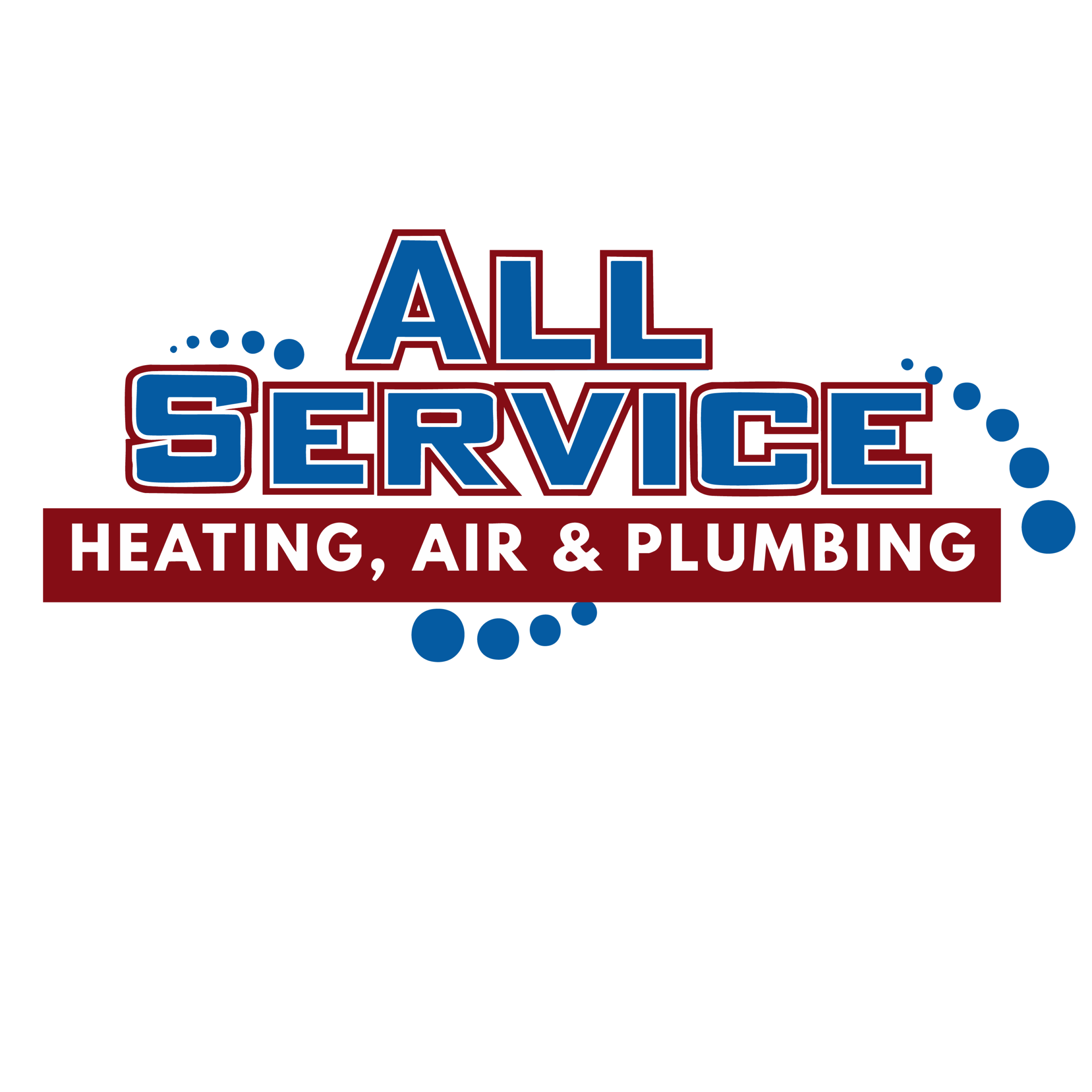Business owners in the commercial districts of Frisco, TX, need working HVAC systems as much as private homes do. Since only the right HVAC system is worth your money, base the choice of your ideal one on your building needs. Here are some basic points that will help you to pick a new HVAC system.
Determine Your Heating Needs
Though we use the term “HVAC” to encompass a range of functions, you buy, install, and fix the separate parts of an HVAC unit individually. For example, you don’t have to buy HVAC with a heating furnace whose power is beyond what you’ll use. Determine the general temperature range you want when your future heat is on.
In conjunction with its overall output, you have the choice of either a gas or an electric furnace. Gas furnaces run for up to 20 years, but electrics do 30 years.
Reading the annual fuel utilization efficiency (AFUE) of a furnace describes its output. A rating of 56%, although low, is normal in old models; a 98% rating is typical for newer ones.
Measure Your Cooling Needs
The size of your space is what dictates the necessary size and power capacity of your AC unit. Maintaining your ideal temps often calls for HVAC systems to find a balance between the settings you activated and the actual environment you’re in. An AC unit that powers on and off constantly is the result of an imbalance.
The ideal AC doesn’t overwork or underperform, and new models now operate for as long as 15 years. The Seasonal Energy Efficiency Ratio (SEER) is what measures the efficiency of your AC unit. Simply ask about your model’s SEER and ensure that it’s no lower than a 16-point rating.
Check the Condition of Your Ducts
You don’t need to replace a healthy network of ducts when you install a new HVAC system. Your building space does need an inspection, however, and this examination will tell technicians what your needs are. Trained technicians look for where air within your ducts is leaking out.
Openings in your duct network will cause other components of your HVAC system to overwork. In time, the stress caused by inadequate air pressure will lead to malfunctions. Determining the condition of your ducts is pivotal in telling professionals how grave your need for cleaning or replacement truly is.
Where Will You Live in Two Years?
Keep in mind that HVAC systems are appliances with long-term benefits. Collectively, each section of yours will last at least 10 years, so if you don’t plan to live long where you are, you might not be making the best investment. The exceptions are when a new HVAC system is less than two years old.
If you plan on living in a home any longer, then you’re better off focusing on managing monthly costs. Our representatives can discuss power consumption in detail and based on your specific property.
Find Out If You Have a Variable-Speed Air Handler
An air handler is a ventilation device that circulates heated and cooled air within your building space. Single-speed handlers turn off and on when they can’t register the right temps in your building. To avoid this type of energy waste, we can send technicians to install a variable-speed air handler instead.
With a variable-speed air handler, your HVAC unit provides a more consistent temperature. You can sustain such temps without consuming more energy. After an inspection, ask about the condition of your handlers and the available methods for an upgrade.
Starting with the Right Choice and a Service Agreement
Ensuring that you have a suitable HVAC system for your building occurs via service agreements. These packages ensure that you have ongoing service on your HVAC system, so contact All Service Heating & Air for your HVAC installations in Frisco, TX. With routine visits, we’ll monitor your system, determining how well your building and new HVAC complement each other.
Image provided by iStock

